Grocery Guides
Currants: History, Storage Tips, and Nutrition Facts
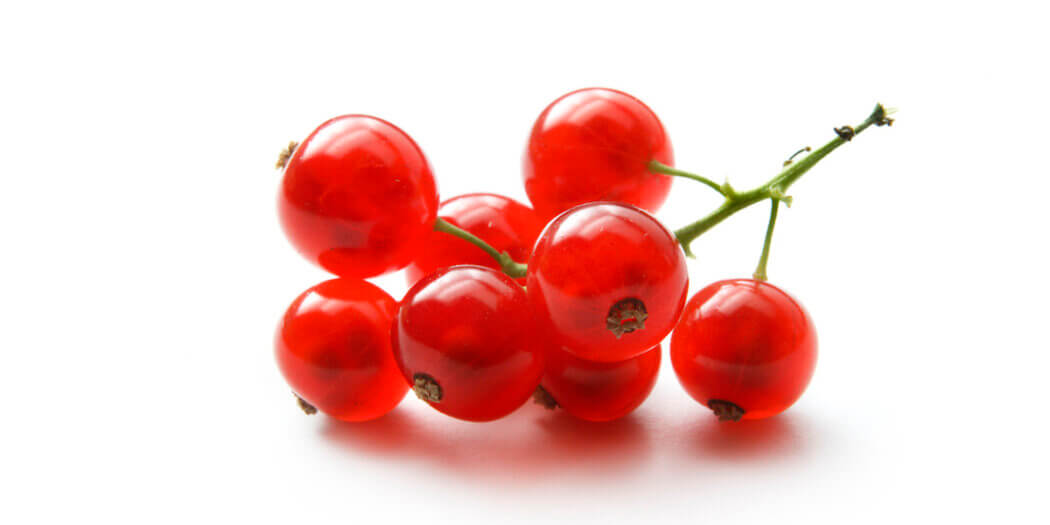
Quick Answer
What are currants?
The term “currants” in the United States, United Kingdom, and Ireland usually refers to Zante currants or Corinth / Corinthian raisins. The Zante currant is a form of dried grape, a small and flavorful addition found in many desserts and meat dishes.
Some common dessert dishes that include currants are tarts, sorbets, pies, and puddings. Due to their strong, sweet flavor, currants are also often used to make jams and jellies, and currant sauces pair well with game meat like venison or duck. Currants can also feature in a fruit salad or berry mixes and as a garnish for sweet dishes and desserts. Fresh currants are edible and have a bright and acidic flavor. The color of currants can vary depending on the type of berry, including dark purple, red, pink, and white.
Where did currants originate from?
Currants get their name from the southern Greek city of Corinth, which is widely known for its many small variety grapes. In the 17th century, dried currants were heavily traded among a small group of islands, especially on Zakynthos, or Zante. Currants are now cultivated in many northern climates, which feature warm summers and cold winters, in countries such as Denmark, the Netherlands, the United Kingdom, Germany, and other regions in Europe and North America.
What is the nutritional value of eating currants?
Currants are highly nutritious food. Every cup of dried currants provides:
- 10 grams of both soluble and insoluble fiber.
- 0.34 milligrams of manganese.
- 367 micrograms of copper, more than a third of the recommended amount of 900 micrograms of copper that the average adult needs.
How are currants made?
Currants grow as small, seedless berries that cluster together on the plant’s stems and typically prefer full sun over shade. They are typically allowed to ripen while still growing on the plant before being harvested. From here, the berries are dried out, a process that can take up to three weeks before being shipped to market.
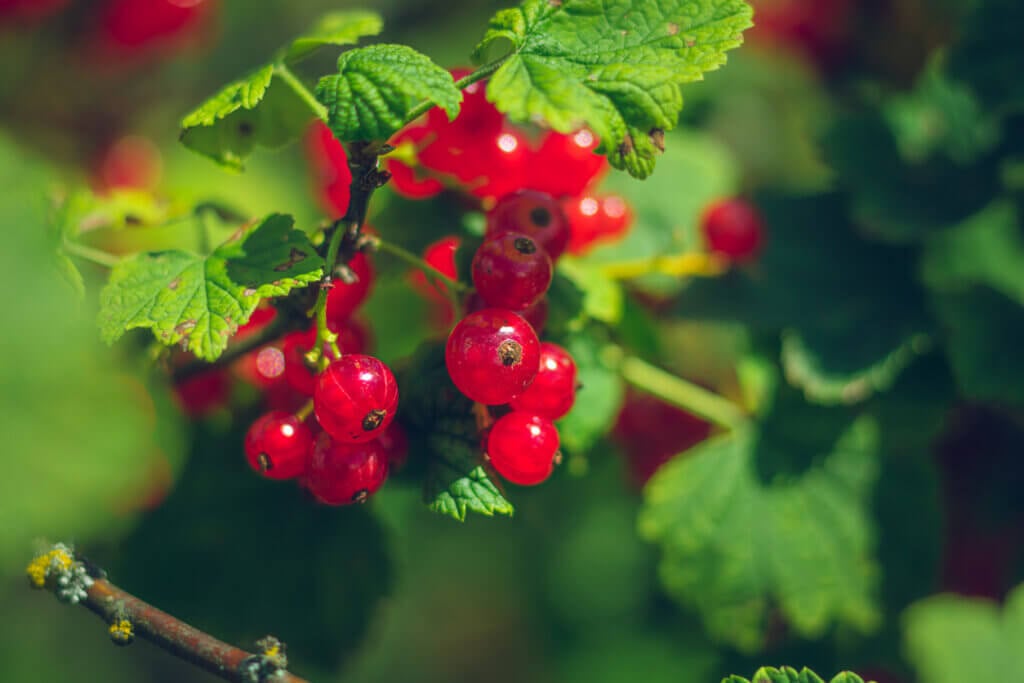
What should I look for when buying currants at the grocery store?
If you’re interested in getting your fresh produce delivered, select fresh currants from one of the many participating grocers and leave instructions for your shopper to follow when picking out your produce. Let your shopper know that fresh currants are likely displayed in the produce area, near other berries, like blackberries or blueberries. They typically remain on the vine in clumps, and ripe berries are round, firm, and about 1/4-inch in diameter. Dried currants can typically be found near other boxed fruits and raisins. Remember that fresh currants can sometimes be difficult to find and may only be available during their season, from late spring into early summer.

What is the shelf life of currants?
Fresh currants have a short shelf life and, like other berries, will naturally start to decompose when left alone. Fresh currants typically last around two weeks before they start to go bad. If you plan to store your currants to prolong their shelf life, avoid rinsing them first, as the extra moisture may cause them to mold or rot faster. Give your currants a thorough rinse only before preparing them for a dish.
How to store currants
Left by themselves, without proper storage, black currants may last around two weeks maximum. However, thorough storage preparations can make currants last several months, depending on the type of storage you opt for. To start, make sure your currants are in a dry, cool environment where moisture is unlikely to set in. Airtight jars, containers, or plastic bags are all good options to keep moisture out. To really make your currants last, consider placing them in the refrigerator or freezer. Refrigerated currants last around six to 12 months, while frozen currants are good anywhere from 10 to 18 months.
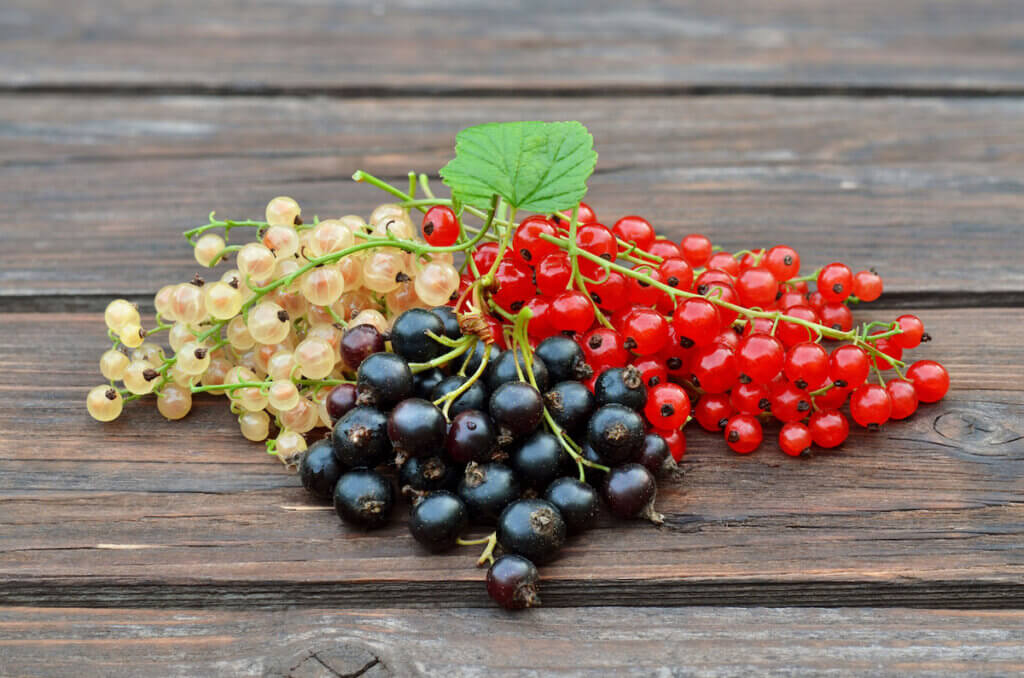
How to tell if currants are bad
It is relatively easy to tell when fresh currants have gone bad, as the berries tend to display prominent signs of decay. However, the same indicators may also apply to dried currants but are often less noticeable. To check the freshness of your fresh or dried currants, try the following:
- Look for visible signs of fungus, mold, or rot.
Currants kept at room temperature or in humid areas are more prone to grow mold, and dried currants kept for more than six months should be checked regularly. If signs of decay are present, your currants are no longer edible. - Smell your currants.
If your fresh or dried currants give off a sour or rotten smell, they are likely bad and should be thrown out. The older the currants are, the more often you should subject them to the smell test. - If you happen to eat a currant that tastes off, the currant has likely gone bad.
The cluster of currants that it came from has likely gone bad as well, and you should consider tossing the bunch.
What can I substitute for currants?
Fresh currants are small berries that are sweet to the taste. For this reason, they feature heavily in desserts and fruit mixes. Proper substitutes for fresh currants can include other sweet berries, like blueberries, blackberries, gooseberries, or raspberries. Dried currants can be substituted for regular raisins or golden raisins. Sultanas, a dried white grape that is arguably sweeter than currants, are another common substitute for dried raisins.

Shop for fresh or dried currants with Instacart
Are you ready to give currants a try in your next dish? With Instacart, you can conveniently select fresh or dried varieties of currants at your local grocer and schedule same-day delivery or a pickup time that works best for you! Don’t forget to let your shopper know how to pick out your fresh produce by leaving instructions with your order.
Most Recent in Grocery Guides

Grocery Guides
15 Best Cheeses for Your Next Charcuterie Board
Let’s face it: The heyday of the store-bought party platter is long gone. Now, the duties of a good host often include curating an impressive charcuterie board. But where do you begin? Charcuterie boards typically…
Jan 21, 2025
Grocery Guides
Guide to Movie Night Snack Delivery
Planning the perfect movie night means getting cozy, choosing a favorite film and gathering all the right treats. With movie night snack delivery, you can skip the hassle of a grocery run and have delicious…
Dec 19, 2024
Grocery Guides
9 Best Cheese for Pasta: Melting, Grating & More Explained
The right cheese can elevate your pasta instantly, but choosing the best cheese for pasta can be tricky with so many options. Whether you’re aiming for a creamy, melty finish or a sharp, savory kick…
Dec 19, 2024

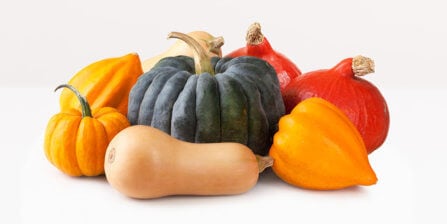 Squash – All You Need to Know | Instacart Guide to Fresh Produce
Squash – All You Need to Know | Instacart Guide to Fresh Produce 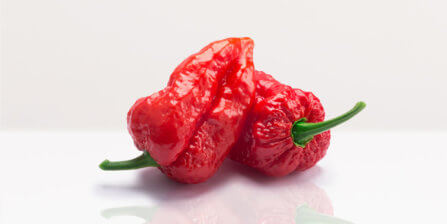 Ghost Pepper – All You Need to Know | Instacart Guide to Fresh Produce
Ghost Pepper – All You Need to Know | Instacart Guide to Fresh Produce 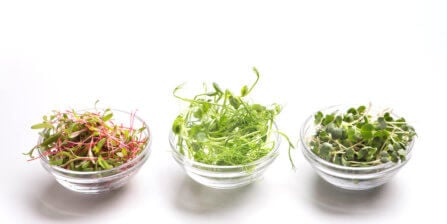 Sprouts – All You Need to Know | Instacart Guide to Fresh Produce
Sprouts – All You Need to Know | Instacart Guide to Fresh Produce 

